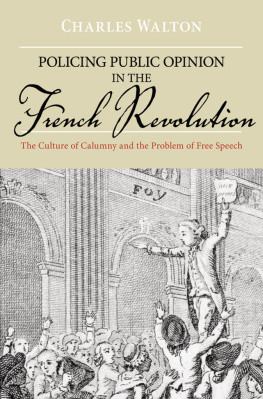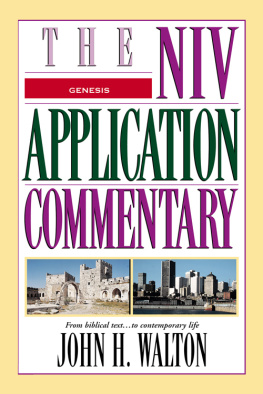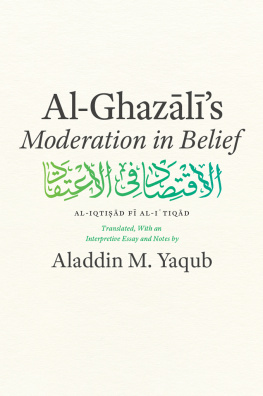Proposition 1:

Genesis 1 Is Ancient Cosmology
So what are the cultural ideas behind Genesis 1? Our first proposition is that Genesis 1 is ancient cosmology. That is, it does not attempt to describe cosmology in modern terms or address modern questions. The Israelites received no revelation to update or modify their scientific understanding of the cosmos. They did not know that stars were suns; they did not know that the earth was spherical and moving through space; they did not know that the sun was much further away than the moon, or even further than the birds flying in the air. They believed that the sky was material (not vaporous), solid enough to support the residence of deity as well as to hold back waters. In these ways, and many others, they thought about the cosmos in much the same way that anyone in And God did not think it important to revise their thinking.
Some Christians approach the text of Genesis as if it has modern science embedded in it or it dictates what modern science should look like. This approach to the text of Genesis 1 is called concordism, as it seeks to give a modern scientific explanation for the details in the text. This represents one attempt to translate the culture and text for the modern reader. The problem is, we cannot translate their cosmology to our cosmology, nor should we. If we accept Genesis 1 as ancient cosmology, then we need to interpret it as ancient cosmology rather than translate it into modern cosmology. If we try to turn it into modern cosmology, we are making the text say something that it never said. It is not just a case of adding meaning (as more information has become available) it is a case of changing meaning. Since we view the text as authoritative, it is a dangerous thing to change the meaning of the text into something it never intended to say.
Another problem with concordism is that it assumes that the text should be understood in reference to current scientific consensus, which would mean that it would neither correspond to last centurys scientific consensus nor to that which may develop in the next century. If God were intent on making his revelation correspond to science, we have to ask which science. We are well aware that science is dynamic rather than static. By its very nature science is in a constant state of flux. If we were to say that Gods revelation corresponds to true science we adopt an idea contrary to the very nature of science. What is accepted as true today, may not be accepted as true tomorrow, because what science provides is the best explanation of the data at the time. This best explanation is accepted by consensus, and often with a few detractors. Science moves forward as ideas are tested and new ones replace old ones. So if God aligned revelation with one particular science, it would have been unintelligible to people who lived prior to the time of that science, and it would be obsolete to those who live after that time. We gain nothing by bringing Gods revelation into accordance with todays science. In contrast, it makes perfect sense that God communicated his revelation to his immediate audience in terms they understood.
Since God did not deem it necessary to communicate a different way of imagining the world to Israel but was content for them to retain the native ancient cosmic geography, we can conclude that it was not Gods purpose to reveal the details of cosmic geography (defined as the way one thinks about the shape of the cosmos). The shape of the earth, the nature of the sky, the locations of sun, moon and stars, are simply not of significance, and God could communicate what he desired regardless of ones cosmic geography. Concordism tries to figure out how there could have been waters above the sky (Gen 1:7), whereas the view proposed here maintains that this terminology is simply describing cosmic geography in Israelite terms to make a totally different point. (See the next proposition for details.)
If cosmic geography is culturally descriptive rather than revealed truth, it takes its place among many other biblical examples of culturally relative notions. For example, in the ancient world people believed that the seat of intelligence, emotion and personhood was in the internal organs, particularly the heart, but also the liver, kidneys and intestines. Many Bible translations use the English word mind when the Hebrew text refers to the entrails, showing the ways in which language and culture are interrelated. In modern language we still refer to the heart metaphorically as the seat of emotion. In the ancient world this was not metaphor, but physiology. Yet we must notice that when God wanted to talk to the Israelites about their intellect, emotions and will, he did not revise their ideas of physiology and feel compelled to reveal the function of the brain. Instead, he adopted the language of the culture to communicate in terms they understood. The idea that people think with their hearts describes physiology in ancient terms for the communication of other matters; it is not revelation concerning physiology. Consequently we need not try to come up with a physiology for our times that would explain how people think with their entrails. But a serious concordist would have to do so to save the reputation of the Bible. Concordists believe the Bible must agreebe in concord withall the findings of contemporary science.
Through the entire Bible, there is not a single instance in which God revealed to Israel a science beyond their own culture. No passage offers a scientific
Beyond the issue of cosmic geography, there are a number of other cultural and potentially scientific issues to consider concerning how people thought in the ancient world. Several questions might be considered:
- What is the level and nature of Gods involvement in the world?
- What is Gods relationship to the cosmos? Is he manifested within the cosmos? Is he controlling it from outside?
- Is there such a thing as a natural world?
- What is the cosmos? A collection of material objects that operate on the basis of laws? A machine? A kingdom? A company? A residence?
- Is the account of creation the description of a manufacturing process or the communication of a concept?
These and many other questions will be addressed throughout this book. The answers proposed will not be determined by what best supports what we would prefer to think or by what will eliminate the most problems. Instead we strive to identify, truly and accurately, the thinking in the ancient world, the thinking in the world of the Bible, and to take that where it leads us, whether toward solutions or into more problems.
Before we begin moving through the remainder of the propositions that make up this book, one of the issues raised in the list above should be addressed immediately. That is, there is no concept of a natural world in ancient Near Eastern thinking. The dichotomy between natural and supernatural is a relatively recent one.
Deity pervaded the ancient world. Nothing happened independently of deity. The gods did not intervene because that would assume that there was a world of events outside of them that they could step into and out of. The Israelites, along with everyone else in the ancient world, believed instead that every event was the act of deitythat every plant that grew, every baby born, every drop of rain and every climatic disaster was an act of God. No natural laws governed the cosmos; deity ran the cosmos or was inherent in it. There were no miracles (in the sense of events deviating from that which was natural), there were only signs of the deitys activity (sometimes favorable, sometimes not). The idea that deity got things running then just stood back or engaged himself elsewhere (deism) would have been laughable in the ancient world because it was not even conceivable. As suggested by Richard Bube, if God were to unplug himself in that way from the cosmos, only that he is thoroughly involved in the operations and functions of the world.

















